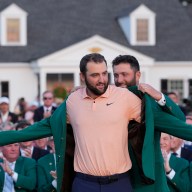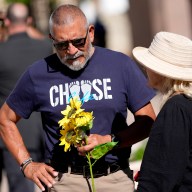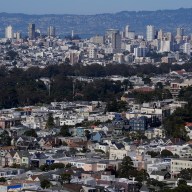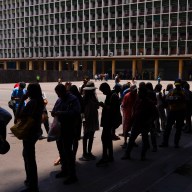Each year thousands of holiday-seekers travel to the Maldives for sun, fun and relaxation. A huge honeymoon destination, these islands just off the coast of Sri Lanka are marketed as paradise on earth, what with their white sandy beaches, turquoise waters and palm trees swaying in the tropical breeze. But outside the tourist zone, far from the comfort of five star resorts and all-inclusive hotels, there’s another side to this string of idyllic islands.
Curious about life outside the tourist bubble, I travelled to the commercial hub of Male (pronounced mal-eh), a densely populated urban centre and capital of the Maldives. Home to one-third of the country’s population, it’s one of the world’s smallest capital cities, but despite its size, it boasts some interesting attractions for independent travellers.
The fish market, located on the island’s northern waterfront, is a great place to begin your tour. Fishing is the second largest industry after tourism, so it’s an important part of Maldivian culture and provides a good excuse to meet the people. Watch as men lug freshly caught tuna from brightly coloured boats and toss glittering silver fish from vessel to shore.
From there, take a stroll along the seawall, where locals come after sundown to jog and socialize. From nearby vendors sample the sugary treat called Kili, a grainy powder that combines betel nut, cinnamon and cloves.
If you’re in the mood for a little cultural heritage, check out Mulee-aage Palace, which serves as the Presidential office, or visit the National Museum’s exhibit of sultan antiques. Though there are several architectural icons around the city, the majestic golden dome of the Friday Mosque is the most notable. This working Islamic centre that can hold some 5,000 devotees is not only the island’s biggest mosque, it’s also a great point of reference when exploring the city by foot.
Walking around Male, I spotted motorized scooters weaving in and out of traffic. Giant bats dangled from mango trees, as women wrapped in headscarves rushed past 17th century fortresses.
The city was a grid-lock of narrow streets, crazy construction and pot holed roads. With single file sidewalks, Male wasn’t a particularly pedestrian friendly place but there was charm in her vividly painted houses, bustling vegetable markets and distinct local culture.
Many may not know that Maldives is a Muslim country. Outside of the tourist areas, alcohol and pork are strictly forbidden. Tourists might experience this law first hand when they pass through airport security. Foreigners who’ve brought their own wine or liquor will have it promptly confiscated by authorities (but it’s available for pick-up upon departure.)
While resorts welcome bikini-clad vacationers, bathing suits aren’t culturally appropriate in Male. At public swimming areas, it’s common to see women cooling off in the water, dressed head to toe in black burkas. In this conservative society, foreigners looking to swim should opt for long-sleeved t-shirts and long shorts.
Whisked away by speed boats on a mad dash towards holiday bliss, few tourists ever get a chance to see life outside the resort. A trip to Male shows another side to the Maldives, one that breathes life into the picture perfect postcard.
Word Travels
Catch the second season of Word Travels, a documentary series that follows travel writers Julia Dimon and Robin Esrock. It airs Sundays at 8:30 p.m. EST on OLN.
– Julia Dimon is co-host of Word Travels, airing Sundays at 8:30 p.m. EST on OLN; www.juliadimon.com.













